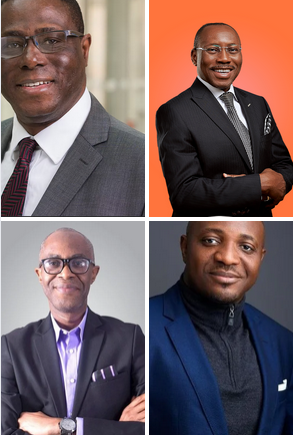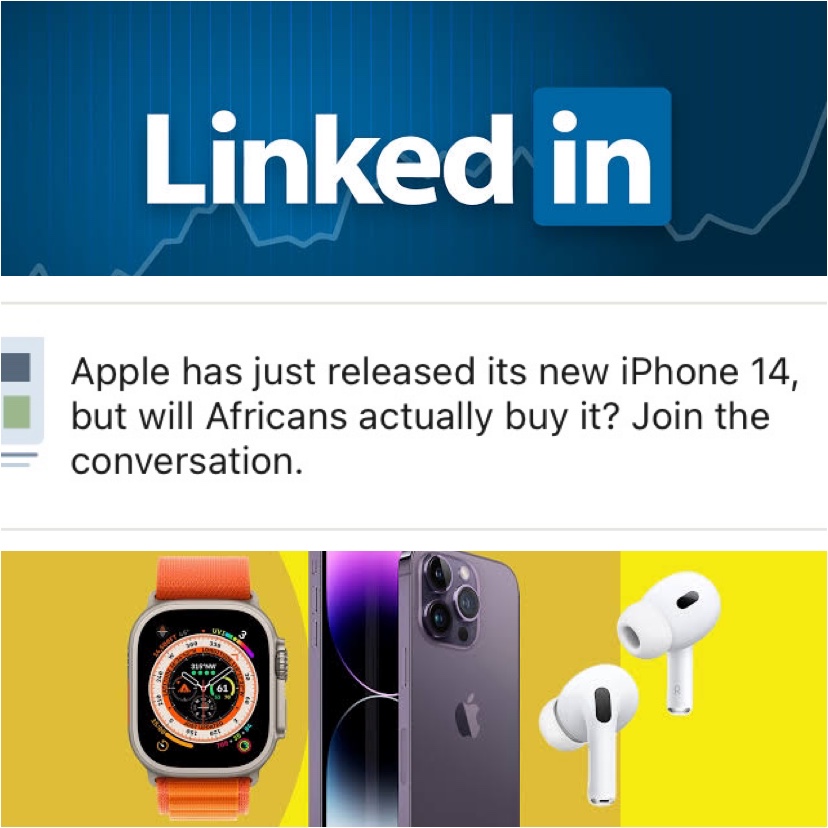By Felicia Nwosu
Nigeria’s Integrated Marketing Communications (IMC) sector, a pivotal cog in Africa’s largest economy, is navigating a complex landscape marked by economic turbulence and evolving consumer behaviors. Despite these challenges, industry leaders, in separate interviews with MARKETING EDGE, remain optimistic, identifying pockets of opportunity and advocating for strategic adaptation.
These industry leaders advocated for strategic adaptation, innovation, and a focus on untapped opportunities to navigate the current landscape and drive future growth, while offering varied perspectives on the sector’s strengths, challenges and future outlook.
Dr. Rotimi Olaniyan, Principal Consultant at Apex Marketing UK Ltd., offered a nuanced assessment, preferring the term “branded communications market” for broader context. He acknowledged the economic pressures, stating, “The market or the size of the branded communications market is not really large in this country when we compare it to others globally and for lots of reasons. And perhaps it’s made now even worse by the fact that we’ve been dealing with inflation. And as a result of that, when we look at the size from a dollar base, it might be seen to have even shrunk.”
However, he observed the sector’s dynamism and noted that, “We have witnessed a range of developments across a whole different aspects of the ecosystem that has clearly shown that we have a developing industry and a developing practice.”
He highlighted the sophistication of digital marketing, the rise of influencers, social media utilization, and programmatic advertising. Yet, he pinpointed a critical constraint: “One of the biggest problems that Nigeria currently still faces is the fact that we’ve got a dearth of brands. And that’s why you will see that across a lot of the agency groups and the agency, the various verticals as I like to call them, there’s intense rivalry because each one is fighting for a very limited number of accounts.”
Seni Adetu, CEO of Algorithm Media, reinforced the economic headwinds, emphasizing the direct correlation between client performance and industry health. “We always say that the industry, the marketing communications industry, is as strong as the performances of the patrons of the industry. So the patrons of this industry are typically what you call your clients and mostly the big spenders are those who call the multinational companies. So if you see what’s been happening in the last, probably last one year, a lot of these multinational companies are recording huge losses. In fact, some of them are exiting the market.”
He stressed the impact on spending, but also highlighted the industry’s resilience and inherent size. He also championed innovation and technology as cost-reduction tools.
“This is the time that you need to really think inward now and cut out all the fat in your cost structure. This is time now for players in the industry to be insight driven. You have to be data driven. Gone are the days when you shoot in the dark. Cash is king. You can’t lose money now. So before you go out and say you prefer in the marketing solution, you’ve got to make sure that you’ve got the right insight and the data that assure that that’s the right path to whatever.”
Victor Afolabi, founder of GDM Group, focused on the experiential marketing sector, noting its competitive and fragmented nature.
“It’s highly fragmented, it’s what I’ll say and it’s because the barrier of entry is extremely low. up until recent it wasn’t well organized nor recognized by the regulatory body. I think in the last few years the recognition by the Advertising Regulatory Council, ARCON, is bringing in some standards.”
In his observation, he predicted an evolution marked by increased innovation and professionalism. He also noted the influx of new talent, bringing dynamism and intellectual capacity to the sector.
“And so what we do expect is that it will evolve a bit more where you begin to see some level of innovation begin to distinguish agencies. It will be able to separate and value and respect the kind of quality of work that has been produced, which has not been the case before now.”
Lampe Omoyele, Managing Director of Nitro 121, broadened the perspective to the entire creative industry, acknowledging the challenges of the previous year, 2024.
“2024 has been a challenge. But what we have seen is there has been a lot of creativity, variety, community play in the market on a creative perspective. Generally, the creative economy is growing and its impact within the Nigerian economy is also increasingly significant.”
He identified high inflation and eroded consumer purchasing power as critical concerns, impacting advertising budgets. The creative marketer advised agencies to diversify, particularly into digital marketing and technology, and to explore new markets. He also highlighted the MSME and real estate sectors as potential growth areas.
“With dollar being king or queen, any business that you can get that pays you in Forex is rather useful. And I believe for Nigerian companies, seeking for opportunities within sub-Saharan Africa would be an opportunity. So looking at the west of Africa, both Anglophone We are seeing some opportunities in east of Africa, So looking at Kenya, looking at Uganda, looking at Tanzania, looking at Rwanda, even if those markets may not be as large as the Nigerian opportunity, the fact of seeking for growth, I think that companies need to also be able to look at those other markets outside of Nigeria.”
Osamede Uwubanmwen, President of the Advertisers Association of Nigeria (ADVAN), painted a picture of unprecedented turbulence. “I would say to you, if you are a player in the IMC as long as some of us have been here for years. It’s unprecedented. And it’s so mind-boggling.”
Despite these challenges, he maintained a positive outlook on the sector’s performance, citing the resilience of companies and the continued role of marketing in driving sales. “So in terms of performance, I would say I rate us very high. I don’t want to put a figure to it in a year that’s so turbulent. You still have people still going to work. That means the companies, well, some people have lost jobs, but there are still people working. So it’s still an ongoing concern. And it’s all about making sure a company survives. And companies are surviving.”
These diverse insights, gathered by MARKETING EDGE in Lagos, reveal a sector grappling with significant challenges, yet brimming with potential.






Comment
No comments found.